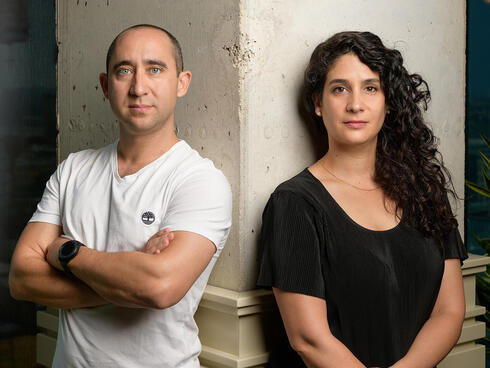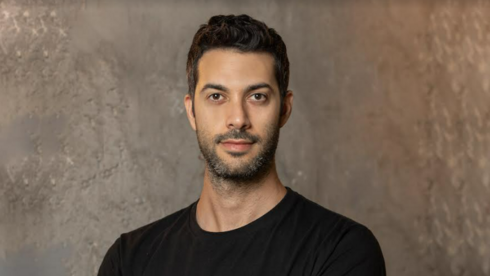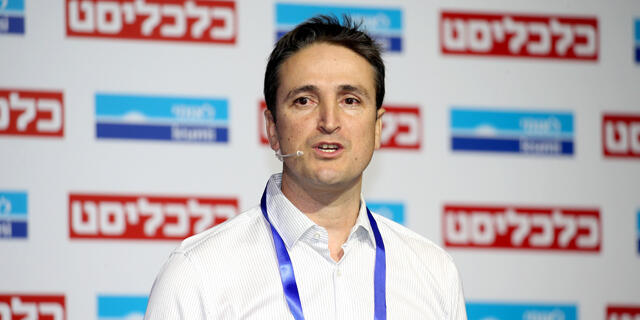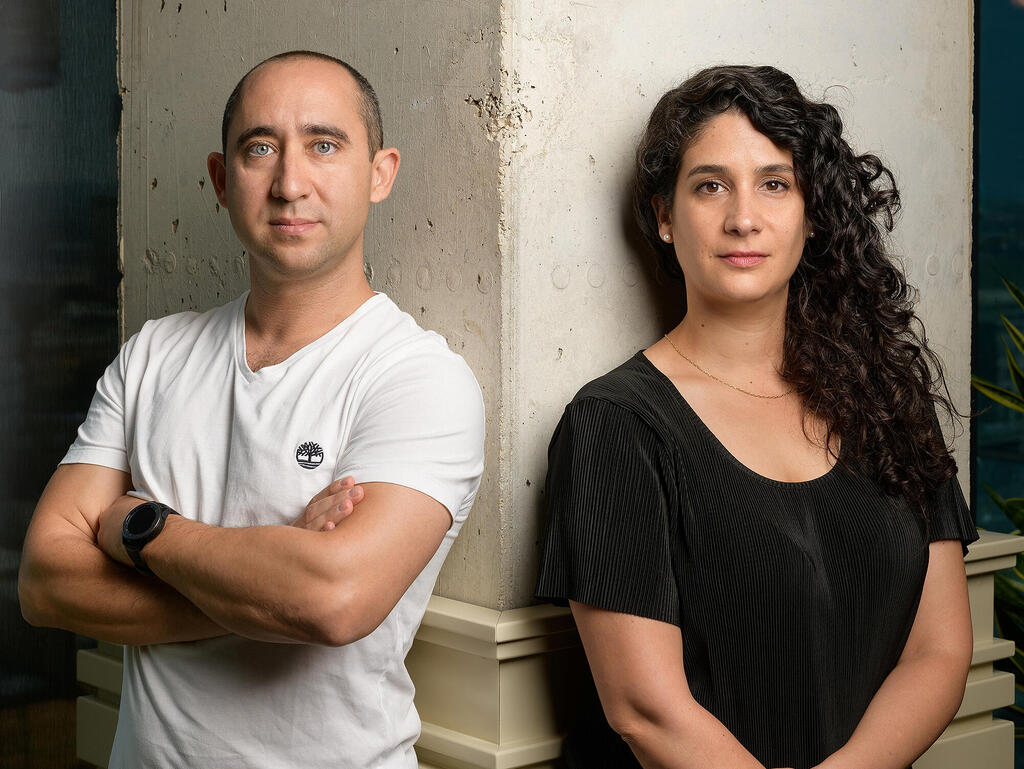
Meitav raising $100M from institutional bodies to acquire shares in tech startups
Meitav raising $100M from institutional bodies to acquire shares in tech startups
The fund will utilize the secondary platform of the Israeli company Valoo to close secondary deals with early-stage investors, entrepreneurs, or former employees who are looking to sell their holdings.
Meitav Investment House is raising $100 million from institutional bodies and qualified private investors to invest in shares of private technology companies, Calcalist has learned. The new fund will operate under the alternative investments division of the investment house.
The fund will utilize the technological secondary platform of the Israeli company Valoo, which identifies, evaluates, and executes transactions in shares of mature startups, most valued at over $1 billion, from Israel and the USA. These transactions are known as secondary deals, as existing shares are purchased from early-stage investors, entrepreneurs, or former employees. The potential return comes from liquidation events such as an IPO or sale to another company.
The closed fund has already raised part of the money and intends to call for the rest soon. According to data obtained by Calcalist, approximately 12% to 15% of the shares in private high-tech companies are currently held by shareholders looking to sell. Valoo's platform currently lists about 600 companies with shares available for purchase.
The secondary sector has enjoyed a surge recently. On one hand, the IPO market on Wall Street remains dormant, but on the other, funds specializing in early-stage investments must realize their holdings. For example, a few months ago, venture capital funds, including the Israeli Viola and the American Tiger Global, sold shares in the veteran unicorn Redis. In the giant Wiz fundraising, there was a significant share sold by investors and veteran employees. For employers, share redemption transactions are a convenient tool for rewarding employees in the current macroeconomic reality, which does not support wage increases. One example is Armis, where employees sold tens of millions of dollars worth of shares a few months ago.
Buyers in secondary transactions, which are made either according to the last fundraising value or significantly below it, see potential returns in achieving a higher value at the time of an IPO or sale of the companies. As the waiting times for exits get longer, the need for shareholders, especially employees, to generate risk diversification and liquidity increases. In such situations, shares can be purchased at relatively low multiples compared to the past, especially when there is talk on Wall Street about the IPO window not opening before 2025.
At the beginning of the crisis, shares of traded technology companies plunged, creating a gap in favor of private companies, where the effects of the slowdown arrived many months later. Today, the situation is reversed – public tech companies are already trading at high multiples, some believe too high, while in the private sector, valuations remain relatively low. Therefore, according to estimates by the investment bank PineBridge, the value of secondary transactions worldwide is expected to triple from $114 billion in 2023 to $417 billion in 2030.
The Valoo secondary platform was established in 2019 by Adi Weitzhandler and Meir Steigman, who also manage it. Currently, 600 companies are registered on the platform, and hundreds of transactions worth tens of millions of dollars have already been made. Over the years, transactions have been conducted with well-known Israeli companies, including the fintech company Payoneer, which was issued less than a year after the transaction, as well as with companies that are still privately owned, such as the cooperative travel company Via and the fintech company Fundbox.














